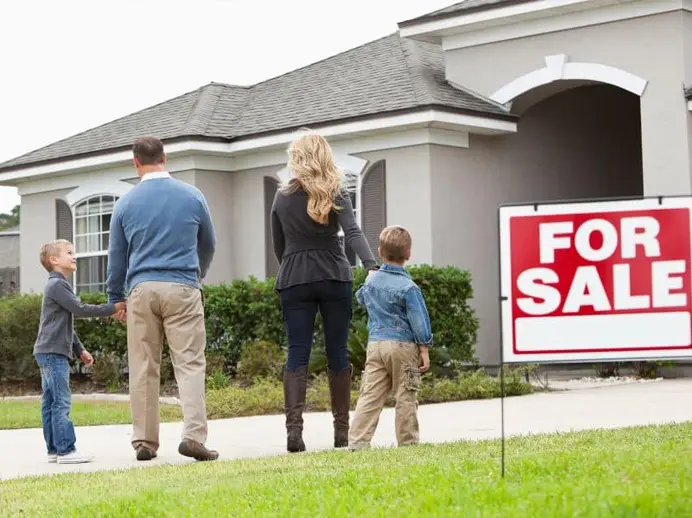13 September, 2022
Body Corporate, Articles
Sound the Alarm: New Fire and Smoke Alarm Laws for Queensland Dwellings

While Queensland Summers are synonymous with beach cricket and barbeques, the warmer weather also brings with it one of the less attractive features of living in a tropical climate… fires.
Before COVID-19 changed the meaning of "hot spots", the Queensland Government amended the Fire and Emergency Services Act 1990 (Qld) by introducing additional obligations on property owners and managers with regard to the installation and maintenance of fire and smoke alarms in domestic dwellings.
Dwellings refer to any houses, townhouses and units.
What has changed?
Currently, fire and smoke alarms in existing dwellings must:
- be photoelectric (i.e., detect visible particles of fire combustion);
- not be more than ten (10) years old;
- operate when tested;
- be installed on each storey and in every bedroom; and
- be interconnected with every other smoke alarm in the dwelling.
However, from 1 January 2022, these requirements will apply to dwellings being sold, leased or where an existing lease is being renewed. The new legislation will have the effect of making Queensland properties the safest in Australia with regard to fire safety.
How does this affect bodies corporate?
The Queensland Fire and Safety Services (QFES) is empowered to enforce compliance with the new fire and smoke safety standards. The QFES does not differentiate between lot owners in a community titles scheme. This means that a body corporate, as a separate legal entity, is responsible for ensuring the scheme, including all dwellings, complies with the fire and smoke alarm regulations.
There are significant financial costs, which may be issued to the body corporate by the QFES if the scheme does not comply with the appropriate fire safety standards. These fines are often not covered by insurance, including office bearers' liability.
If not budgeted for, a body corporate may be required to charge an additional levy to strata owners to cover any fines.
In addition, a failure to comply with the fire and smoke alarm requirements also presents potential issues for bodies corporate negotiating competitive insurance premiums.
OMB - Specialist Strata Professionals
OMB Solicitors' specialist strata practitioners have recently seen a number of bodies corporate enquire as to the effect of the new smoke and fire alarm legislation and how a community titles scheme can ensure it is compliant.
Given the significant penalties which apply for non-compliance, it is important that body corporate managers understand the new requirements and the strict timeframes that apply.
To ensure bodies corporate understand and take appropriate action in complying with the new fire and smoke alarm regulations which come into effect from 1 January 2022, body corporate managers should consult with OMB Solicitors.
Our Services
Property
Buying, selling or leasing? OMB Solicitors can help you today with all your property law needs.
All Property Services
Business Law
No matter what your business law issue is, OMB Solicitors have a wealth of experience across an array of commercial law practice areas.
All Business Law Services
Wills & Estates
Is your estate plan safe from litigation? Is your will up to date? Who will make decisions for you if you can’t?
All Wills & Estates Services
Family Law
Separated or contemplating separation? Considering a property settlement? OMB Solicitors can help you today with all your family law matters.
All Family Law Services
Body Corporate
Need body corporate advice? Look no further! At OMB Solicitors we are experts in all matters relating to strata and bodies corporate.
All Body Corporate Services
Litigation
OMB Solicitors have an expert team of litigation lawyers to assist in not only litigation, but also exploring other ways of resolving disputes.
All Litigation Services
Insurance
OMB Solicitors’ experienced insurance lawyers are on hand to assist with your insurance law matter.
All Insurance Services
